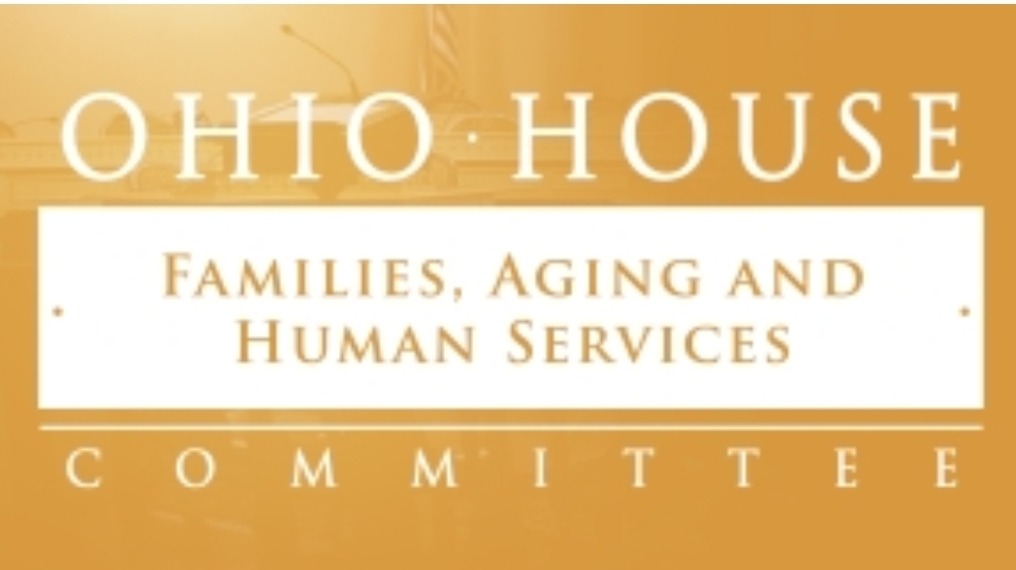
Ohio House Bill 465
Ohio House Bill 465, currently under deliberation in the Ohio House of Representatives, is a significant piece of legislation aimed at addressing key issues within the state. Known as “Lauren’s Law,” this bill primarily focuses on improving developmental disability care by allowing residents of licensed residential facilities to conduct electronic monitoring of their rooms. This provision aims to enhance safety and transparency for individuals with developmental disabilities and their families.

Key Provisions of House Bill 465
The primary focus of House Bill 465 includes several critical measures designed to improve the quality of life for Ohio residents, particularly those with developmental disabilities. Some of the key provisions include:

Electronic Monitoring in Residential Facilities: The bill allows residents of licensed residential facilities to install electronic monitoring devices in their rooms. This provision aims to ensure the safety and well-being of residents, providing an added layer of security and peace of mind for families.

One of the significant components of House Bill 465 is the introduction of tax credits aimed at alleviating the financial burden on homeowners and renters. These tax credits are designed to assist individuals whose property taxes or rent payments exceed a specific percentage of their income. By offering these tax credits, the bill seeks to make housing more affordable and reduce the economic strain on Ohio residents.

Homeowner Tax Credits: Eligible homeowners can receive a tax credit if their property taxes surpass a certain threshold relative to their income. This measure is intended to prevent homeowners from being overburdened by high property taxes.

Renter Tax Credits: Similar provisions are available for renters, offering financial relief to those whose rental payments exceed a defined percentage of their income. This initiative aims to ensure that renting remains a viable and affordable option for Ohio residents.
Legislative Process and Support

House Bill 465 was introduced by Representative Sara P. Carruthers, who has been a vocal advocate for reforms in developmental disability care and housing affordability. The bill has garnered bipartisan support, reflecting a shared commitment to addressing these pressing issues.

Currently, the bill is under review by the House Committee on Families and Aging, where it has been the subject of numerous hearings and testimonies. Proponents of the bill argue that it is a necessary step in enhancing the quality of care for individuals with developmental disabilities while also providing much-needed financial relief to homeowners and renters. Critics, however, have raised concerns about the implementation and potential unintended consequences of the tax credits.
Public Response and Implications
The public response to House Bill 465 has been mixed. Advocacy groups focused on developmental disabilities have praised the bill for its emphasis on safety and transparency through electronic monitoring. Meanwhile, housing advocates have welcomed the tax credit provisions, viewing them as a crucial step towards making housing more affordable in Ohio.
However, some organizations have expressed reservations about the bill’s potential impact on local government revenues due to the tax credits. They argue that while the credits provide necessary relief, they may also lead to reduced funding for essential public services, necessitating a careful balance in implementation.

What’s Ahead
House Bill 465 represents a comprehensive effort by Ohio legislators to tackle significant issues in developmental disability care and housing affordability. As the bill moves through the legislative process, it will be important to monitor its progress and the ongoing discussions surrounding its provisions. The outcomes of these deliberations will have significant implications for the future of public safety, community relations, and economic stability in Ohio.





